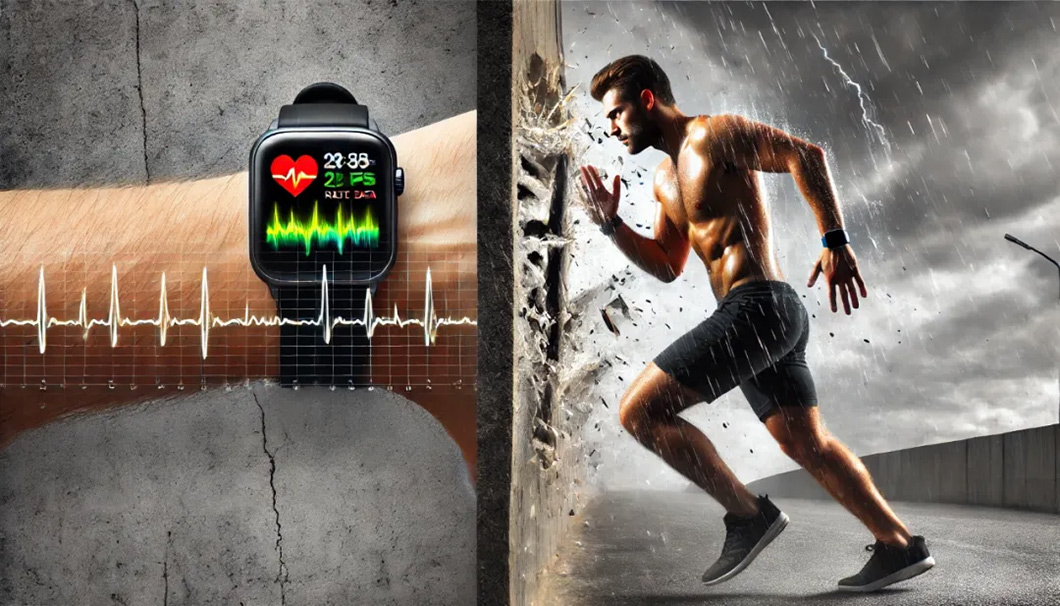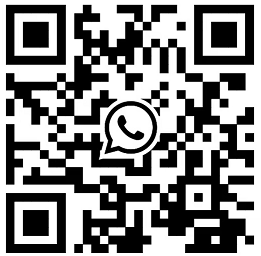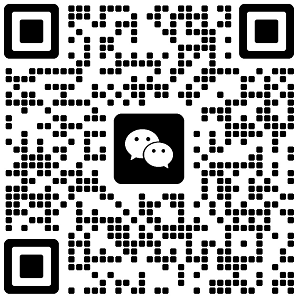
When movement becomes precise numbers
—To quote a real user experience: I used to run like a headless chicken until my watch showed that my 'fat burning interval' was only 15 minutes." Programmer Li Ran shows off a graph of his exercise data, with heart rate fluctuations, accurate to the minute, color-coded: "Now I know that my fat-burning efficiency plummets 63 percent when my heart rate exceeds 160."
1.Seventy-five percent of sudden deaths during marathons occurred in people who were not wearing monitoring devices (Annals of Sports Medicine).
2.The Finnish Sports Institute experiment showed that people who trained according to the heart rate range increased their VO2 Max in 3 months 2.1 times faster than traditional trainers.
3."Not feeling tired" may just be a trick of adrenaline - when the resting heart rate is consistently 10% above the baseline, the risk of overtraining syndrome spikes by 300%.

Primitivism: Sports pleasure killed by data
—Insert the trail runner's dictation: "The moment I took off my watch in the snow mountain, I found the sense of being alive"
Yoga instructor Lin Fei recorded a video as she ripped off her heart rate belt: "Did our ancestors watch their heartbeats while hunting? When you start trusting the body over the numbers on the screen, that's the real motor awakening."
Data trap: According to a survey by the American Association of Sports Psychology, 41% of bodybuilders have anxiety because they are "not at their target heart rate" and instead reduce their exercise frequency.
Individual blind spots: Caffeine, temperature and even relationship status can distort heart rate - one athlete's heart rate record showed a strange "spike" as his crush passed by during his morning run.
Sensory deprivation crisis: Neurological research confirms that over-reliance on visual signals can weaken the brain's instinctive judgment of muscle fiber tremors and breathing depth.
What is the meaning of heart rate data
Here are a few examples to help you understand
A 35-year-old programmer named Lao Chen
Last year physical examination found high blood pressure, the doctor asked him to jog to lose weight. I got dizzy and nauseous every time I ran, until I bought a sports watch.
"My heart rate went up to 180 when I just ran around! Now it is controlled in the 140-150 range, lost 12 kilograms in three months, and the antihypertensive drugs have stopped."
When marathon rookie Mr Li ran the whole horse for the first time, his watch suddenly vibrated wildly - he didn't feel tired at all, but his heart rate showed that it had exceeded 190.
"Five minutes after stopping, I suddenly got black eyes and vomited. The doctor said if I hadn't stopped in time, I would have died suddenly."
These are real examples, and they often happen unexpectedly, so what can we do about it?
Heart rate data party the hardest confidence:
1. For every 5 beats/minute reduction in resting heart rate, the risk of cardiovascular disease fell by 13%
2.The heart rate consistently exceeds (220-age) x0.9 during exercise, and the risk of sudden death increases sharply
3.Sixty percent of sports injuries occur in a "feel-good" state
"Those who wear a heart rate band laugh at the blindness of others, those who don't laugh at the cowardice of others -- but frozen fingers at the top of Mount Everest never press the keys of any device."
After all, monitoring heart rate should not be the purpose of exercise, but one of the keys to understanding our bodies. Some people need the key to open the door, some people are good at getting in through the window - the important thing is that you know why you choose and can afford to choose.
Post time: Feb-12-2025







